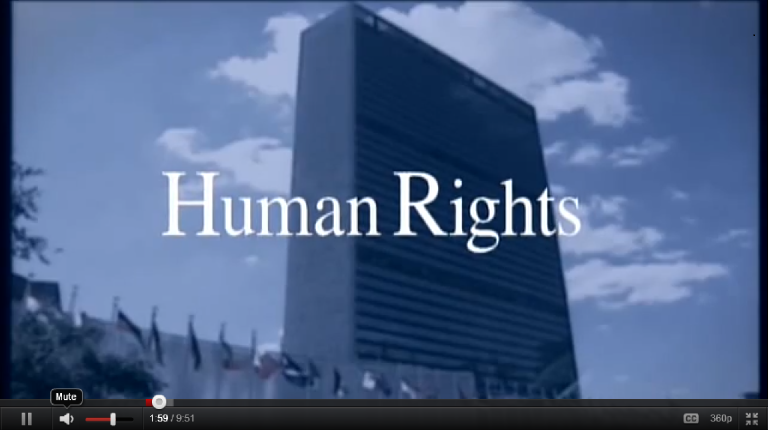The primary focus of the New York State English test is weighted toward multiple choice answers which require one right answer. I wouldn’t argue that there are no critical thinking skills involved in multiple choice tests, because there surely are, especially since multiple choice tests are designed by the evil test makers to include ambiguous distractors meant to trick students into picking partially correct or not quite as right answers, or as many educators assert, equally correct right answers that will be marked wrong. A deep and nuanced reading of the text is necessary to tease out which response is really the right one. So, yes.. as heretical as that may be to some, there are things to teach and to learn about multiple choice tests. However, it grates against another kind of teaching I find important and that is the notion that there is more than one right answer. Language, connotation, persuasion, slant, intepretation are not venues for a single response.
In fact, I find that students who focus on a single answer (which are more and more of them in this time of data frenzy) are usually my most literal students. Often, this is because they equate intransigent grade grubbing with success and inevitably stop their thinking process where they think the grade may be. My challenge is to integrate test taking and the fact of the one right answer into a curriculum that preferences growth and assertion and support as the more important skills.
Here’s what I tell my incoming 7th graders currently:
First Principle: There is often more than one right answer and more than one way to get to a right answer. Depending on the kind of answers we’re looking for, your answer can be right even when it is different from mine. This means: go out and find your answer… but don’t forget to use the second principle
Second Principle: Your answers are as right as your ability to back them up. If you can back your assertions up with compelling and persuasive evidence, you usually can use them. That means: do your research, find your evidence, make your argument, let the chips fall where they may.
Third Principle: The grade you get is the grade you earn. It is assessing what you’ve learned. It is information. Use the grade you get to inform your actions for the next go round. That being said, if you think I assessed you incorrectly, make your case (refer back to the second principle)
Fourth Principle: Even in circumstances where there is one right answer, the process by which you get to your answer (right or not) is often more useful than the answer itself. Yes, I mean this. (except on the State Test)
Yes, But.. Aren’t Right Answers Important?
Of course, they’re important. It’s not very useful to NASA if they don’t get the right answer on the cold weather capabilities of their ORings but the process of getting to the right answer does include failure (hopefully, not as spectacularly disasterous as the Challenger’s). Actually, failure is essential. Sometimes failing is the means to a better success. As a former art teacher of mine put it, “You have to be willing to do bad work if you ever want to do good work.” This is a good lesson for students, artists, writers, scientists and hockey players. It teaches learners that as they develop, their standard of excellence moves in front of their ability. An educated eye (or ear) is developed long before the ability to master a skill. Once students realize this simple reality of learning, they can allow themselves to accept their best bad work and do it faithfully every day in their inevitable approach of the standard they hope to achieve.
Randy Pausch also put it very well. We learn most of what we learn indirectly or by what he called a “head fake.” He said, ”… we send out kids out to learn football or soccer or swimming or whatever it is… we actually don’t want our kids to learn football… we send our kids out to learn more important things… teamwork,sportsmanship, perseverance… and you should keep your eye out for [these lessons], because they’re everywhere.”
Teaching to the test teaches students that getting the right answer is the only measure of success, and that anything but the “right answer” is failure. It also teaches them that failure is unacceptable. However, not teaching to the test, given the subtlety and ambiguity of multiple choice questions on the state test, is a recipe for system wide failure that no one can tolerate. Children, teachers, principals and communities have every reason to focus on the one right answer because it weights so heavily in their futures, and once the one right answer becomes coded as the single most important measure of their value, students find it hard to learn, teachers find it hard to teach and administrators find it hard to measure the other more subtle lessons that are embodied in a nuanced and laboratory approach. They’re too focused on superficial learning and measurement… they, along with everyone else, become victims of the all important God of Data.
 r teacher is? Why bring up tenure at all if you’re talking to kids?
r teacher is? Why bring up tenure at all if you’re talking to kids?


